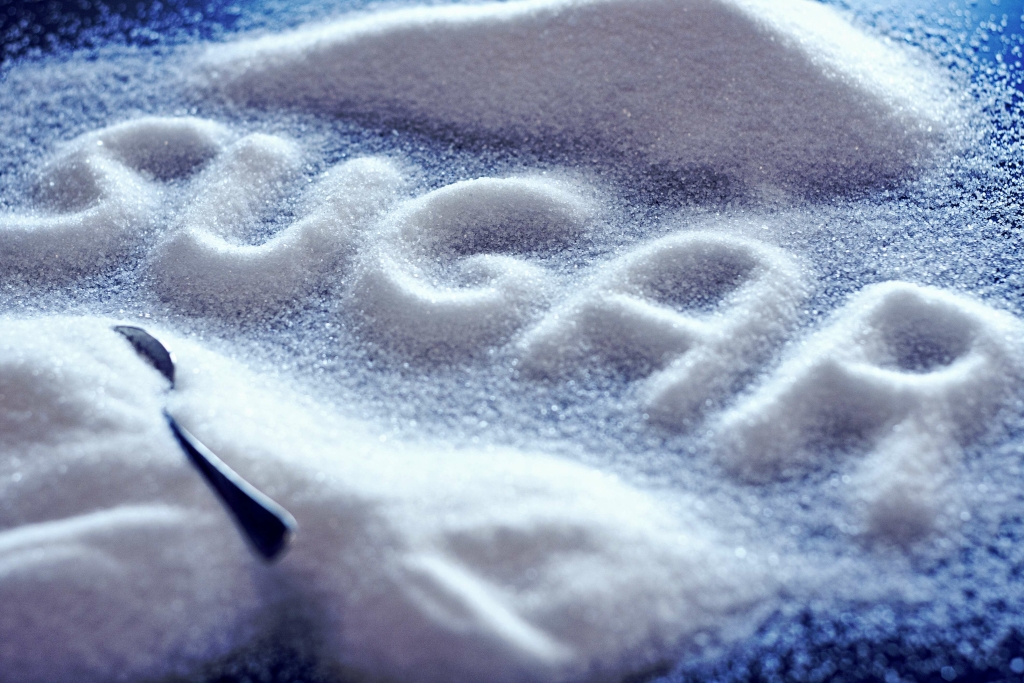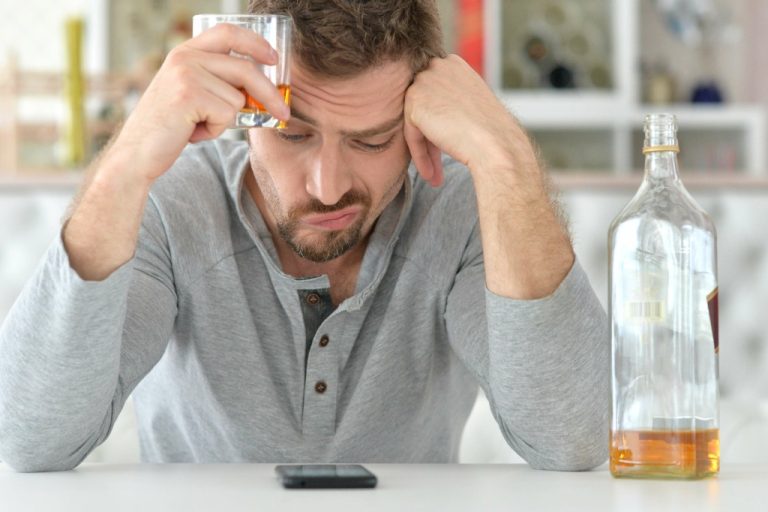There is certainly a benefit in becoming your truest self, coming to know yourself more, and being more aware of the present moment. A lot of holistic care involved in meditation yoga, nature walks, and so on. Outside of therapy, don’t forget to take care of yourself and your needs. Make sure you’re prioritizing your own self-care throughout their recovery process. You might want to participate in treatment with your loved one whenever possible, but it’s also wise to talk to a therapist on your own.
Personality

This “pink cloud” phase, where everything seems positive, feeling drunk when sober dissipates, leading to a more challenging phase of maintaining motivation. This mentality is particularly dangerous as it marks the initial stage of the relapse process, often going unrecognized. Recovery should be viewed as a constant journey, either moving towards or away from sobriety. Addressing fears of success or failure with the right recovery tools is crucial for maintaining sobriety.
- One major effect is dehydration, caused by alcohol’s inhibition of vasopressin, an antidiuretic hormone that regulates fluid balance.
- This natural “high” results from abnormal surges in brain chemicals, including serotonin and dopamine.
- Normally you don’t date coworkers, but tonight Derrick from Accounting is looking cute, so you’re going for it.
- They are overwhelmingly common with that of occipital or trigeminal neuralgia.
Understanding Co-Occurring Disorders
Simple daily events may trigger disproportionate responses, such as excessive anger or sadness. This phase often begins subtly, with small annoyances becoming disproportionately frustrating. As these feelings grow, they can lead to a mindset of separation from others, feeling misunderstood or isolated.
How to Avoid Dry Drunk Syndrome

I don’t grind my teeth whatsoever so I believe the TMJ is a secondary symptom that I gradually got. Yes, when I hang my head down the pressure is even worse, but it’s kind of like putting up with worse pain in the hope of easing up the headache when I stand back up. But I’m finding this to be less effective as time goes by and when the pain is https://www.talenttrace.com/brain-fog-what-it-is-causes-symptoms-treatment-2/ more tingly or burning, it doesn’t seem to do much.
- Also a new thing I’ve noticed recently is that when I look up (bend my neck to look at the sky) I seem to get some sort of relief?
- People with short bowel syndrome, pseudoobstruction, or small intestinal bacterial overgrowth (SIBO) may be more likely to develop the syndrome.
- I believe the forced blood flow is what might ease it up at times.
- When drunk, individuals may have difficulty articulating their thoughts and may struggle to engage in meaningful conversations.
- This translates to reducing a person’s BAC level by 0.015 per hour.
- Since alcohol is metabolized at a fixed rate, those who drink heavily late into the night may still have a BAC above zero upon waking, prolonging residual intoxication.
- I have now been on this treatment plan for a little over a year, and while I still have occasional symptoms, they are very tolerable compared to what I had once experienced.
We were all just sitting around and getting drunk, perfectly content to not really do anything together. When I drank alcohol, I could (and did) sit and do nothing for hours. This stage is characterized by unresponsiveness and a high risk of choking or injury. Individuals may need medical attention to prevent serious harm. To understand how to calculate your BAC and the factors influencing it, refer to the Blood Alcohol Content (BAC) Calculator.
When drunk, individuals may have difficulty remembering what is alcoholism events or processing information. In contrast, a sober person is more likely to have a sharper memory and be able to think critically about different situations. Another physical attribute impacted by alcohol consumption is vision. When drunk, a person’s vision may become blurry or distorted, making it difficult to see clearly. In contrast, a sober individual is more likely to have clear vision and be able to perceive their environment accurately.

Serotonin is a neurotransmitter responsible for feelings of happiness, well-being, and pleasure. It’s also responsible for moderating moods and emotions. Serotonin depletion can cause major mood swings and feelings of sadness, anxiety, and irritability. To unpack some of the underlying reasons you feel bored right now, it helps to understand what alcohol does to your brain. It’s pretty normal to reduce the entire experience of boredom in sobriety to missing alcohol and believing that getting drunk is the primary way you (and everyone else) have fun. I’ve been where you are, as have thousands of other sober people who had to learn to have a life again after sobriety.